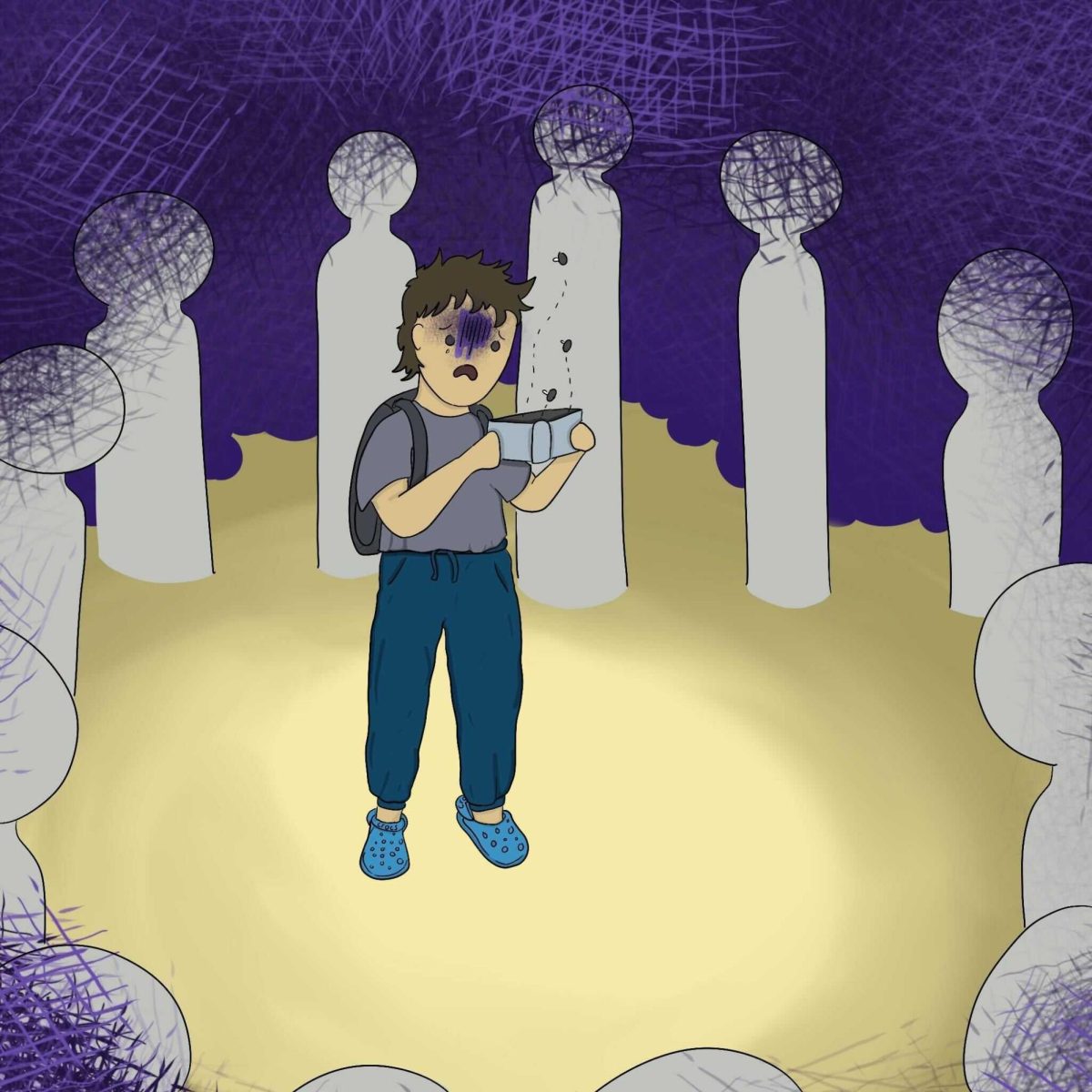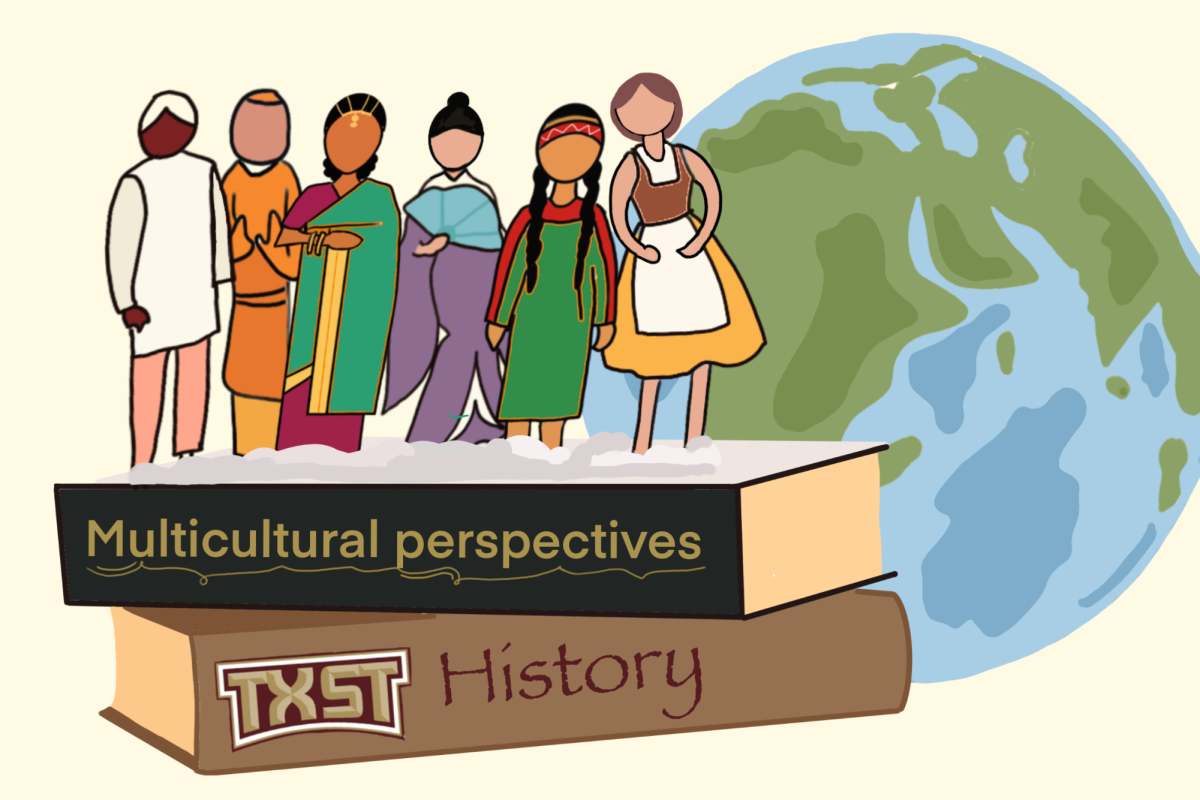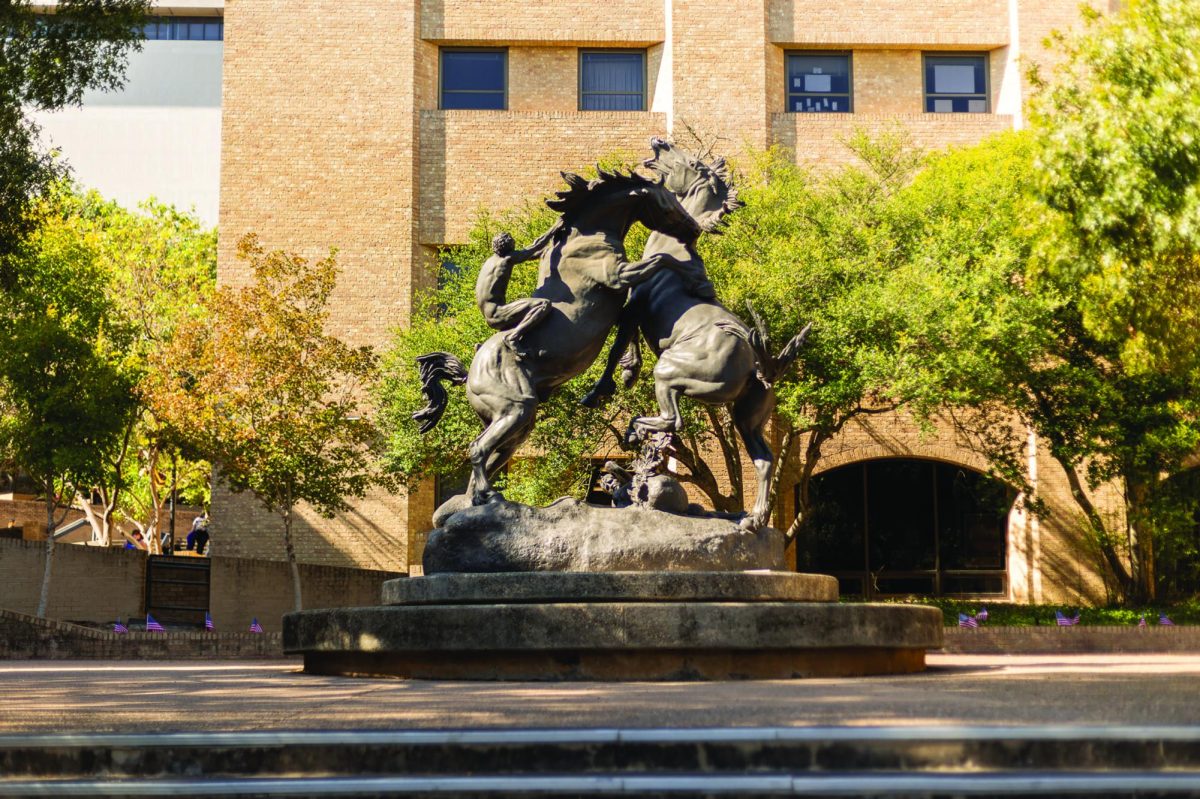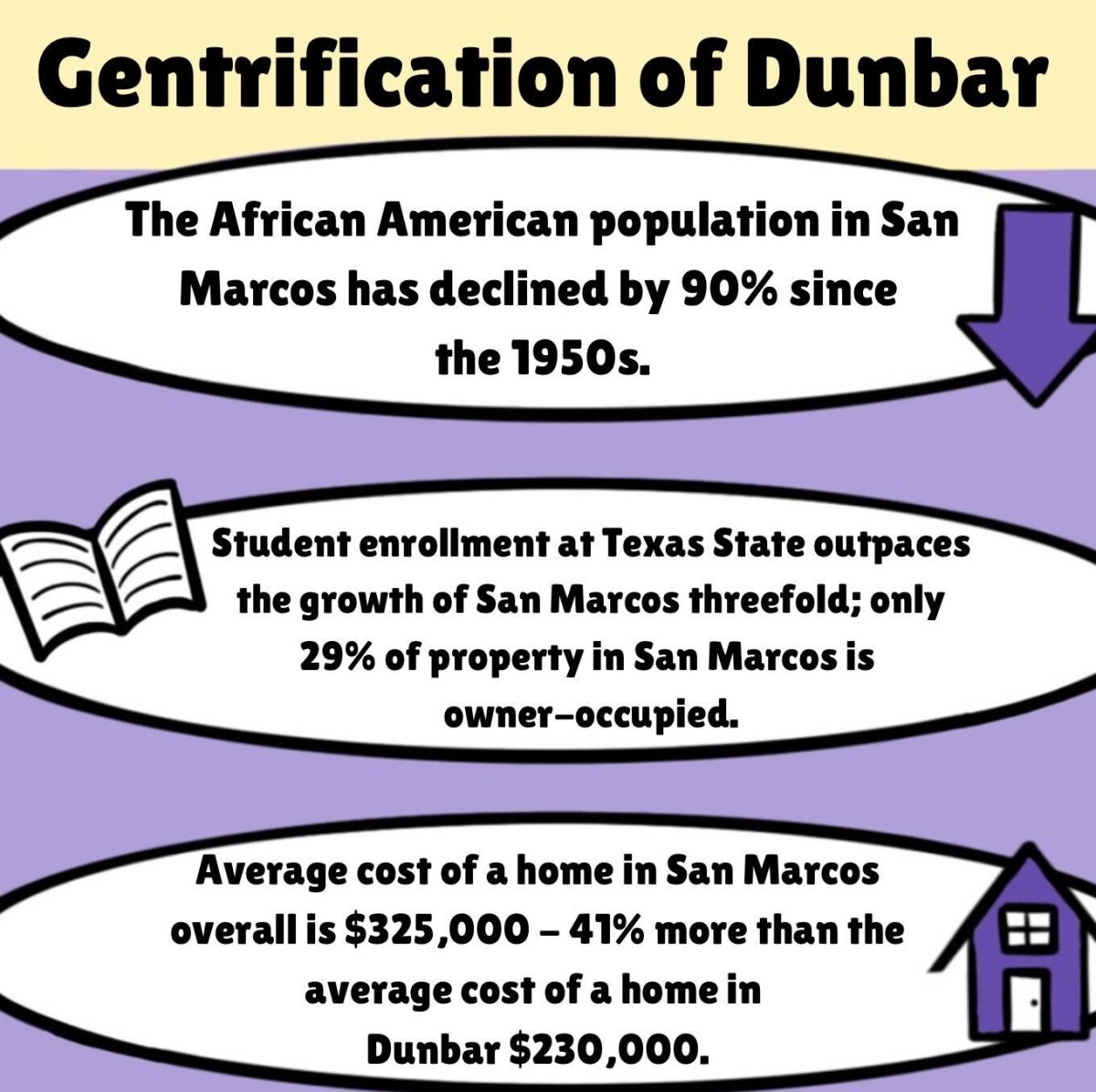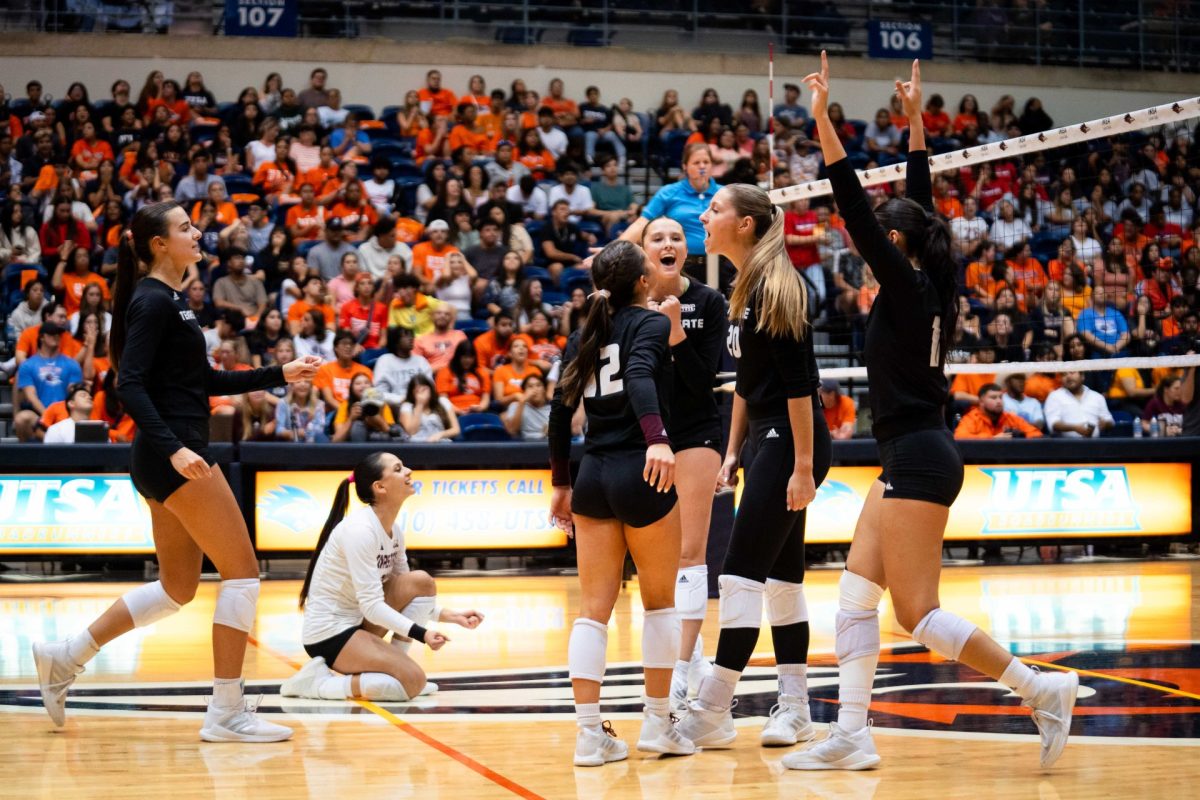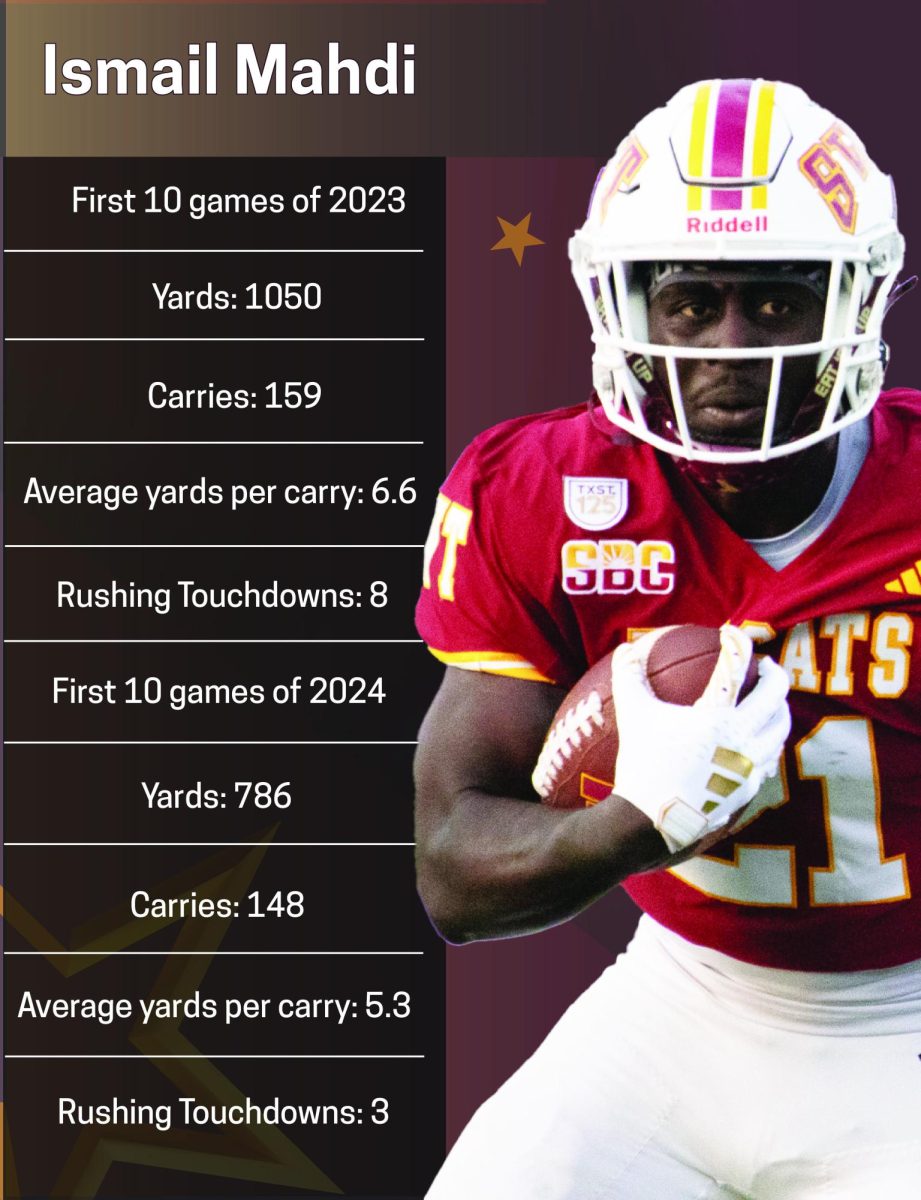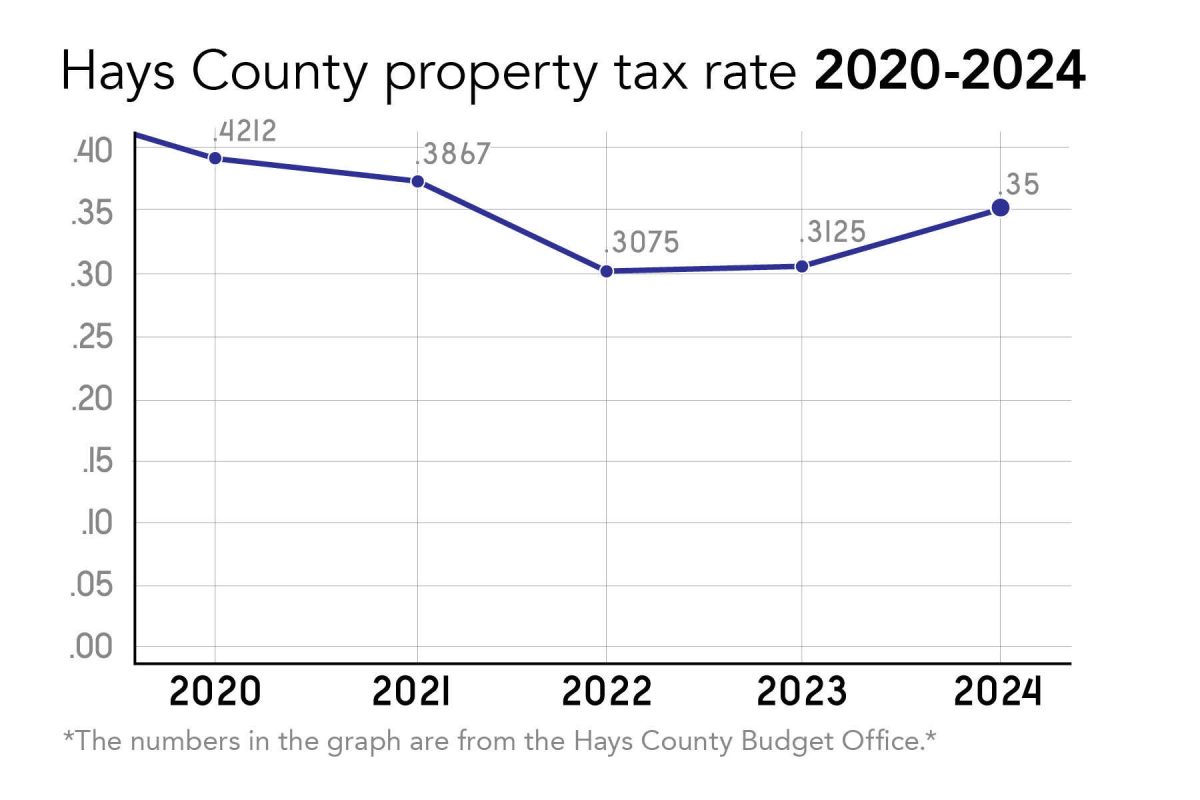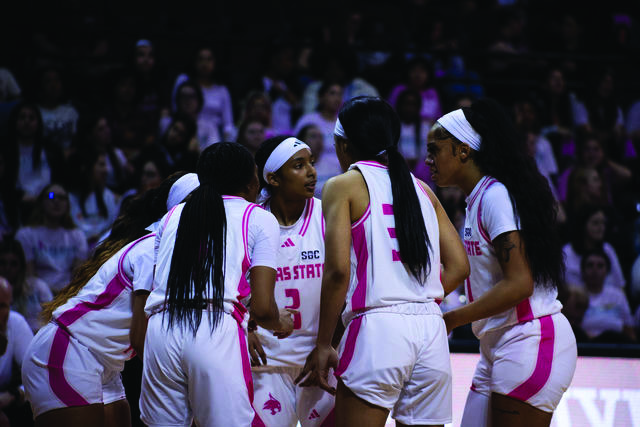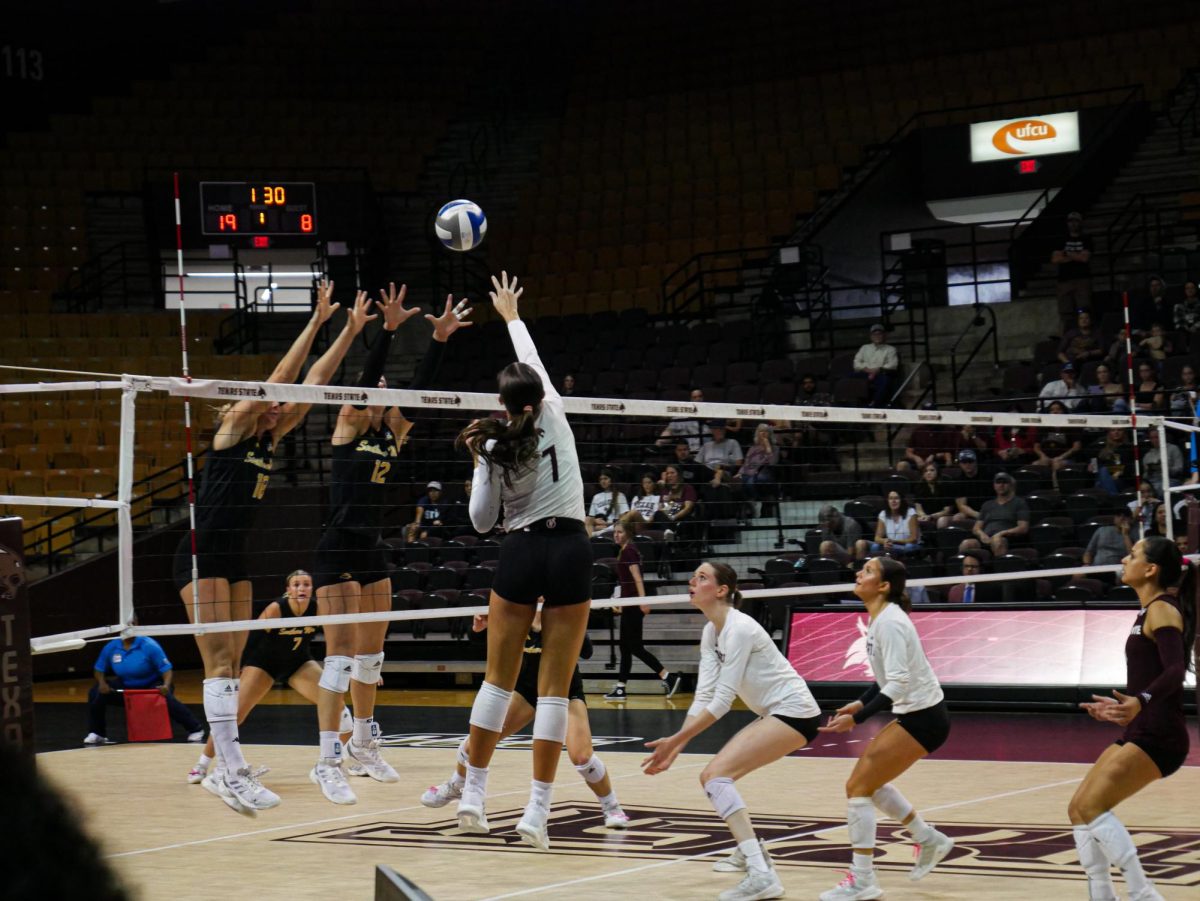Attending university is the first time students are leaving their hometowns and experiencing a more vast and diverse group of people. College is a melting pot where many students meet others with different economic, social and cultural upbringings than them.
Although the diversity brought on by college is a good thing, it often enforces the prevalence of stereotypes as different demographics are more public than they might have been in a student’s hometown.
One contrast often seen in college is the differences between socioeconomic classes. Although higher education in the past was typically reserved for more affluent groups who could afford classes out of pocket, many resources such as grants and scholarships have helped ease the financial burden that college brings. According to Texas State, “36% of Texas State students receive Pell grants.”
The sad fact is, typically, not all free financial aid can cover the expenses of college. According to the Trellis Company, “the average Pell grant award in Texas only covers 19% of the total cost for two semesters at a Texas public four-year university.” Therefore, it is easy to understand why some college students find it difficult to make ends meet.
Unfortunately, these students might not be able to get all the financial assistance they need because of negative stigma surrounding financial support.
According to the Food Research & Action Center, “stigma prevents eligible people from accessing government assistance or food pantries out of fear that community members will know they live in poverty and will judge them for it.”
This stigma is likely heightened because college is where people with extremely different financial statuses co-exist.
Student Support Services Coach, Gemma Medina, said there are many challenges that come with the intersection of needing assistance while also being a minority in college.
“[Asking for financial help is] like a target on your back,” Medina said. “You’re already first-gen, you’re already considered low-income. You’re already maybe struggling and have this imposter syndrome and then just adding that to it, like OK, now I got to go ask for help.”
The Texas State community should actively try to reduce negative perceptions of students using resources like food pantries, housing assistance and emergency grants.
Texas State students are part of the Hays County community and should feel comfortable using Hays County services. Texas State students contribute to the economic prosperity of San Marcos through things such as shopping, renting apartments or homes and working. Students should not feel that just because they are in college, they do not deserve access to forms of assistance offered in the community.
Financial resources can help students make ends meet. With the rising cost of college, it’s becoming harder to afford living on top of tuition and fees. According to CNBC, “tuition and fees have more than doubled in 20 years.” Deciding to attend college is becoming more of a financial sacrifice than ever.
In addition, the cost of living is steadily rising. According to the Washington Post, “grocery prices have jumped by 25% over the past four years.” This illustrates that it is hard not only to pay for school, but also to have an independent existence.
This shows why some students, who might even come from a middle-class family, could have a change in their standard of living when they move to university. It’s hard to balance rising costs while being a student, especially when not all students can find well-paying jobs that coordinate with their class schedule.
The stigma associated with people who use financial assistance is that they are lazy and don’t want to work. This is hardly applicable to college students. Many students work while taking classes. According to CNBC, “eight out of 10 students now work while in college.”
Overall, the campus community should stop stigmatizing students who use resources such as food pantries, housing assistance and utility assistance because the negative connotation is directly attached to the label of “financial assistance.” Many students show up to events just because of the promise of free food; attending a food pantry, when needed, is no different.
-Madison Green is a psychology and advertising senior
The University Star welcomes Letters to the Editor from its readers. All submissions are reviewed and considered by the Editor in Chief and Opinions Editor for publication. Not all letters are guaranteed for publication.


